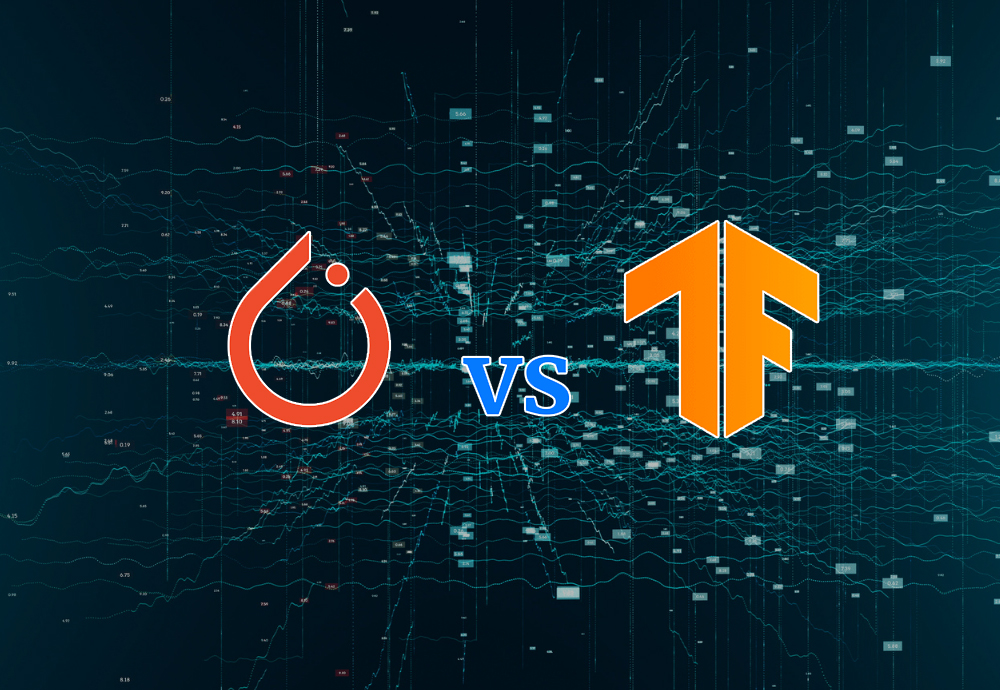Warning: Trying to access array offset on value of type bool in /home/smarteduverse.com/blog.smarteduverse.com/wp-content/plugins/sitespeaker-widget/sitespeaker.php on line 13
Blockchain technology is all the rage these days, and it’s simple to understand why if you’re familiar with the subject. Technology has the capacity to alter the way we interact and exchange value, whether that value is monetary or intangible. Billions of dollars are being put into banking and other use cases, and the sector is thriving.
As a result, if you’re wanting to change occupations, being a blockchain developer might be a wise choice. Many have done so via individual learning and effort, and you may think of others. This post will teach you how to become a blockchain developer, as well as provide a primer on blockchain technology and its basic ideas.

What is Blockchain?
Simply said, a blockchain is a chain of data-containing blocks. A blockchain, in more technical terms, is a timestamped collection of immutable data records controlled by millions of computers. It is not owned by any single party and uses cryptographic principles to protect the integrity of the data. Each block is distinct and is added to the chain after being verified and validated by millions of computers.
Consider a block to be a page in a ledger. After validation, it records the most recent transaction in a new block. Each block contains the addresses of the previous and current blocks.

Bitcoin was the first blockchain that could really work correctly. This is a cryptocurrency, or decentralized virtual money, in which no middlemen or banks are required to authenticate each user’s holdings. Banks serve as the financial world’s centralized authority, ensuring that everyone’s accounts are correct. Millions of computers confirm that information using bitcoin, the transactions are public, and the information is immutable.
Ethereum advanced the situation. It encouraged the adoption of “smart contracts,” a sort of software with far-reaching implications beyond banking. It has resulted in a slew of DApps (decentralized apps) and made the blockchain Turing-complete — that is, more programmable.
What Does a Blockchain Developer Do?
There are several potentials for blockchain development. You might rapidly build your own blockchain, but unless you have your own company concept, you’re unlikely to obtain a job this way.
It’s more probable that you’ll learn blockchain engineering skills and then use them in a career with a startup or possibly at a huge, well-established business that has only recently begun working with the technology.
In other words, you’ll be constructing and enhancing current blockchain platforms. This may include front-end and back-end development, as well as general design responsibilities

.
Smart contract development abilities are in great demand as well. Many blockchain initiatives and businesses are searching for smart contract developers to help them create new use cases and improve existing ones.
A blockchain developer may be assigned the following responsibilities:
- Creating smart contracts
- Making Non-fungible Token Projects
- Protocol design for blockchain
- Creating security patterns and consensus procedures
- Network architecture design
- Designing dynamic front-end interfaces for DApps
Why Become a Blockchain Developer?
From a purely professional standpoint, the blockchain business is rapidly expanding and is expected to be valued at $137.59 billion by 2030. Between September 2020 and July 2021, the number of blockchain-related employment surged by 118 percent on a single job portal.
Then there’s the fact that you’ll be working with cutting-edge technology and creating some of the most innovative financial apps that might benefit millions of people living in poverty. Because the number of apps that may be created is nearly endless, you may find yourself wanting to start your own firm.
It’s becoming evident that blockchain technology will play a role in a variety of sectors and businesses, both large and small. There are several chances for those who are prepared to put in the work, and they may be rewarded handsomely for it. Blockchain developers have some of the highest yearly average incomes in the IT industry, typically earning between $125,000 and $175,000. According to Glassdoor, the average yearly compensation for a blockchain engineer in the United States is around $110,000.

How to Become a Blockchain Developer
Even though the sector is still in its infancy, there are obvious actions you can take to position yourself to begin a career. The following are useful starting points for getting back on track.
1. Learn Blockchain Development Theory
You’ll need to know many words in the area like the back of your hand. These will be applicable to practically all positions and projects you work on, therefore you must be well-versed in this philosophy.
The blockchain itself, consensus procedures, miners and stakes (or validators), public and private addresses, smart contracts, wallets, nodes, and general crypto-economics are among these notions.
You don’t have to feel overwhelmed. Blockchain classes (and even individual studies) can help you get more familiar with these concepts.

2. Enroll in a Blockchain Course
Blockchain courses are good ways to gain a solid understanding of the theory underpinning blockchain development, smart contract development, consensus algorithms, and cryptocurrency economics. It will undoubtedly instruct you on how to become a blockchain developer or a significantly distinct (if pedantic) crypto developer.
Several blockchain courses are accessible on various educational sites. Duke University provides a specific course on Defi, and this Udemy course on the fundamentals of blockchain is a great place to start. For more information, see our post on the finest crypto and blockchain lessons accessible online.
This path will provide you with various clearly defined tasks that you must complete in order to become a blockchain developer as well as the ability to connect with other students.
Not to mention the numerous books (many of which are free) and internet resources available to you.

3. Build an Actual Blockchain
This is the point at which your learning journey gets more intriguing – and difficult. You can construct a blockchain in just 10 minutes, believe it or not, however, some prior coding experience is required.
There are several programming languages used for blockchain development, including C, C++, Solidity, Golang, and Python.
While we won’t go over the full procedure here, suffice it to say that you will need to understand how to build blocks, the data contained inside them, and the blockchain as a whole. You should also learn how to make your own coin.

4. Code Smart Contracts
After you’ve mastered the fundamentals of blockchain, you may go on to learn how to write smart contracts. At the most basic level, this is also quite simple to execute, however, notions like resource management and security will develop with time and experience.
Crypto Zombies is a great place to learn how to build smart contracts quickly. This teaches you how to create smart contracts in Solidity while still being entertaining, as it assists you in creating your crypto-collectible game.

5. Join Blockchain Development Groups
Joining a group of like-minded people, as in other programming disciplines, will help your education and professional progress. Connect with other developers and improve your abilities by interacting on GitHub, Reddit forums, and Stack Exchange.
6. Keep Coding and Networking
With enough expertise and practice, you’ll be able to apply for blockchain development-related jobs. You must maintain your abilities sharp and work on projects on a regular basis, which will serve as your portfolio in possible interviews. Don’t forget to interact with other devs and the wider crypto community. You’ll soon be able to apply for jobs with confidence!
Get Started on Your Blockchain Developer Journey
You will have to put in the time and effort to become a blockchain developer. It won’t happen overnight, but very soon you will be in a position where you feel confident enough to put yourself out there. The point is that you get started. Use the guidance listed above and persevere, and you’ll thank yourself soon enough.


